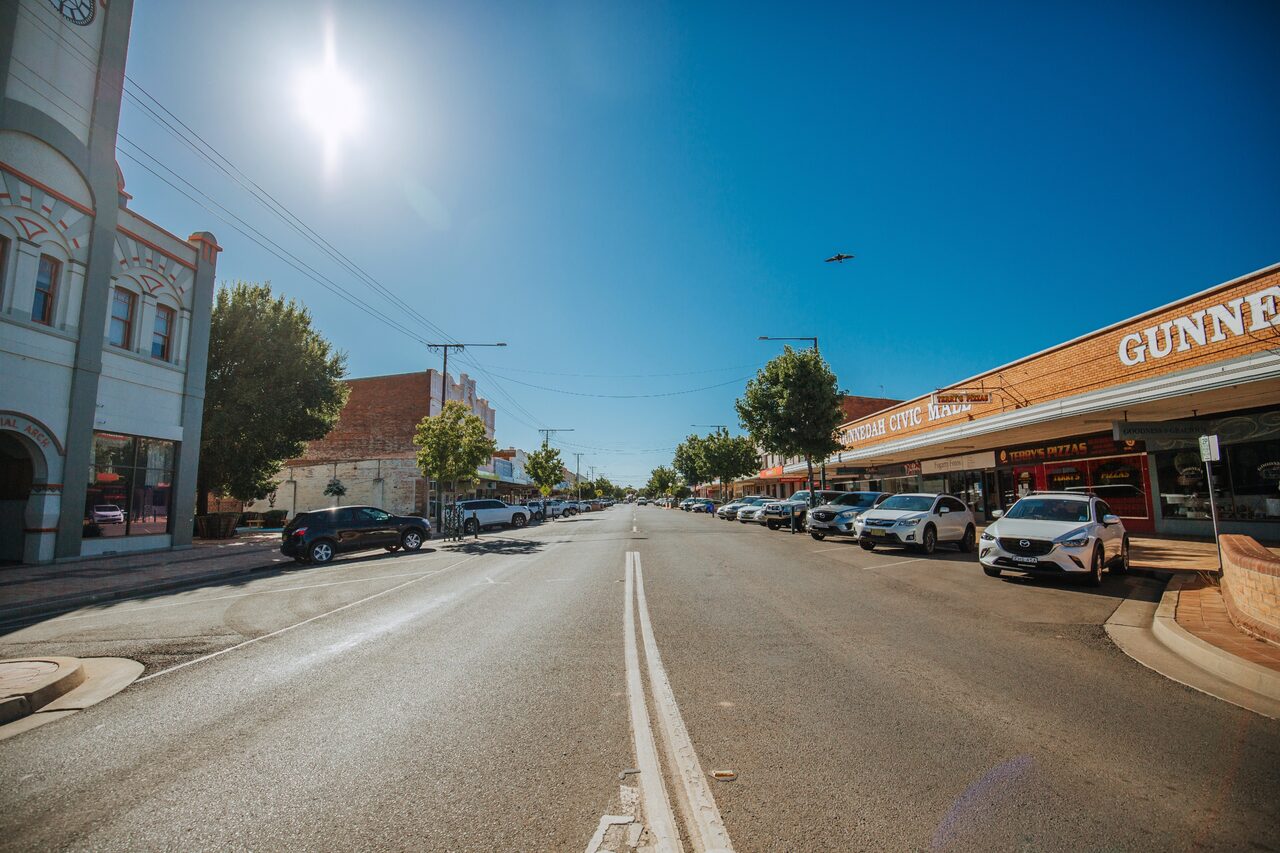Business advocates are backing the call for reform on worker’s compensation, describing current arrangements as a “nightmare” for local operators.
Business NSW regional director for the New England North West Diane Gray said the problem had become so dire, some operators could close because of the price increases involved.
“We have some businesses across regional NSW where this could shut their doors,” Ms Gray said.
Recent data collected by the regional business chamber showed insurance premiums, worker’s compensation and the general “cost of doing business” as among the biggest issues facing operators in the New England North West.
“From our recent business condition survey, the early data indicates these are still significant issues,” Ms Gray said.
But it was worker’s compensation where the director zeroed in as especially troublesome for employers, particularly the number of psychological injuries people are experiencing at work.
She highlighted government data which showed an employer facing no claims against them, operating a psychologically safe workplace, could expect their premiums to rise by 36 per cent over three years to 2027-28.
“We’re asking along with Business NSW for reform on this because of the cost,” Ms Gray said.
“The structure of worker’s compensation has become so onerous, with such a high cost burden that it needs reform.
“It needs to be overhauled but also serve workers who do get injured, because we want them getting back into their workplaces as soon as possible.”
A government bill currently before NSW Parliament is aiming to reform the way workers compensation system deals with psychological injury by addressing several key areas. These include:
– the lack of focus on preventing psychological injury at work,
– the low rate of recovery and return to work for psychologically injured workers, and
– the sharp rise in premiums for business and cost increases for the NSW public.
NSW Premier Chris Minns said if the bill was not given the green light, an additional $2 billion would be required from NSW taxpayers to fund the public portion of the scheme.
The bill passed parliament’s lower house earlier this month but is also being scrutinised through an inquiry by the Public Accountability and Works Committee.
The inquiry has been asked to consider the impact of the bill on business and economic conditions in NSW.
After a recent public hearing involving claim providers, compensation advocates and expert witnesses, the committee determined further hearings would be required to determine the extent of issues faced.
Chair of the committee, Ms Abigail Boyd MLC said: “The first hearing gave the committee the chance to examine the financial assumptions underpinning the reforms to workers compensation in this Bill. It is clear from this hearing that there is more for us consider. I am pleased that we will be progressing with a longer inquiry, receiving submissions and conducting another hearing.
“The community is understandably concerned about this legislation. We welcome the opportunity to hear from affected people and organisations about what these reforms will mean for them. The committee acknowledges reform is needed, however we must get this right to ensure a fair, equitable and balanced workers compensation scheme.”
Chris Gambian, who leads advocacy group ‘Australians for Mental Health’, said any reduction in support could be detrimental to genuine worker’s compensation applicants.
“The government must get serious about addressing the root causes of workplace psychological injury claims,” Mr Gambian said.
“We agree the current workers compensation system is unsustainable … [but] cutting off the support isn’t going to stop people from getting injured. It will just discourage them from getting help, and could lead to a further deterioration in their mental health.”
Public submissions to inquiry close on July 22.
Beyond Blue: 1300 224 636
Lifeline: 13 11 14
Any changes made by government to worker’s compensation are unlikely to affect one of the Gunnedah region’s biggest employers, Whitehaven Coal.
The coal mining company, which employs thousands across the Gunnedah region, is insured through the specialised coal industry workers compensation scheme, Coal Mines Insurance (CMI). This is a standard practice in the NSW coal industry but means the majority of reforms which the bill aimed to address, would not affect coal workers.
The CMI scheme, however, includes coverage for psychological injuries, acknowledging the impact of work-related stress and trauma on miners’ well-being.
In a 2023 report, CMI highlighted that mental health was significant for the NSW coal industry because the lifestyle associated with mine work, such as shift work and a male-dominated work culture, can pose specific challenges for mental wellbeing and family relationships.
Anyone seeking asistance can contact the ‘Mates in Mining’ program which supports good mental health. The program operates a national helpline on 1300 642 111.
The NSW government was contacted for comment.
To order photos from this page click here



